Showing 25–36 of 51 results
-
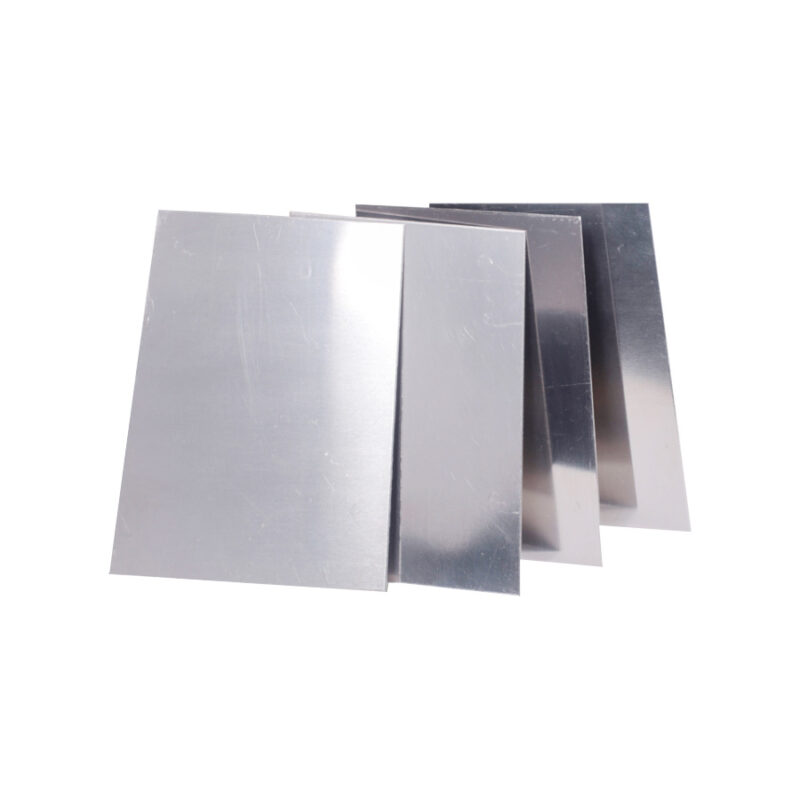
- High Corrosion Resistance: Niobium foil offers exceptional resistance to corrosion, particularly in acidic environments. It forms a stable oxide layer on its surface, protecting it from further corrosion in harsh chemicals and high-temperature conditions.
- High Melting Point: Niobium has a high melting point of around 2,468°C (4,474°F), making it suitable for high-temperature applications, such as those in the aerospace and automotive industries.
- Excellent Ductility and Malleability: Niobium foil is highly ductile and malleable, allowing it to be easily formed into thin, flexible sheets without compromising its mechanical properties. This makes it ideal for custom fabrication in precision applications.
- Low Thermal Expansion: Niobium has a relatively low coefficient of thermal expansion, which ensures that it maintains stability and does not deform easily under thermal stress. This property is beneficial in applications requiring high thermal stability.
- Biocompatibility: Niobium is biocompatible and is often used in medical implants and devices, such as pacemakers and stents, without causing adverse reactions in the human body.
- Superconductivity: Niobium exhibits superconducting properties at low temperatures, making it useful in various scientific and medical applications, such as MRI machines and particle accelerators.
-

- High Corrosion Resistance: Exhibits outstanding resistance to chemicals, acids, and oxidizing agents, even in extreme environments.
- Biocompatibility: Completely inert and non-reactive with body tissues, making it ideal for medical implants and devices.
- Superconductivity: Niobium becomes superconductive at low temperatures, making it essential for advanced scientific and electrical applications.
- Ductility and Malleability: Highly ductile and can be drawn into fine wires or shaped to meet specific requirements.
- High Melting Point: With a melting point of 2477°C, niobium wire maintains its integrity under extreme heat.
- Oxidation Resistance: Forms a stable oxide layer that enhances its resistance to further oxidation and wear.
-
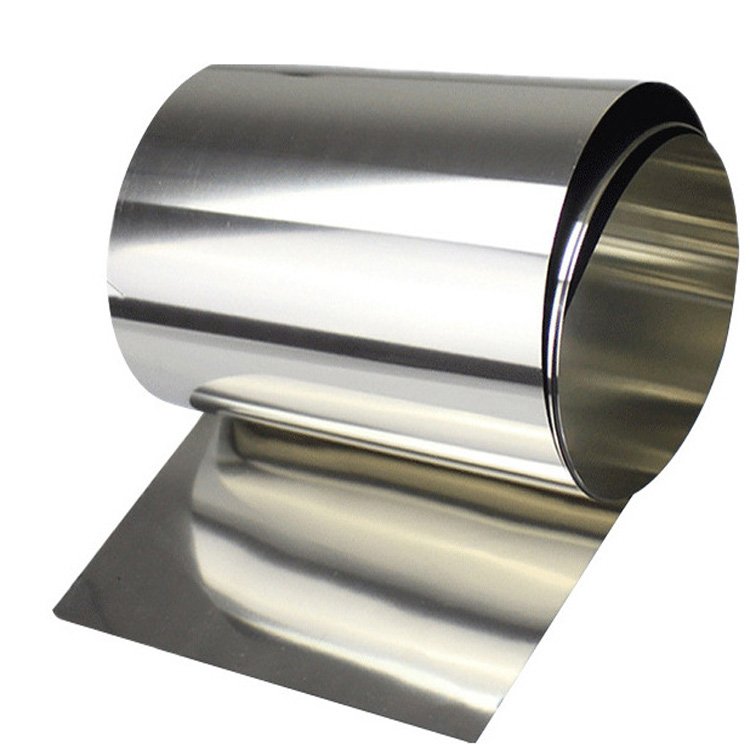
- Corrosion Resistance: Nickel foil is highly resistant to corrosion, especially in harsh environments, making it suitable for applications in corrosive conditions like chemical processing and marine industries.
- High Thermal Stability: Nickel foil maintains its performance at high temperatures, ensuring stable functionality in high-heat applications such as furnaces and heat exchangers.
- Excellent Electrical Conductivity: Known for its good electrical conductivity, nickel foil is used in the electronics industry for components like batteries, capacitors, and electrical connections.
- Malleability and Flexibility: Nickel foil is malleable and can be easily shaped into thin sheets, which is beneficial for precision applications that require flexibility.
- Magnetic Properties: Nickel exhibits ferromagnetic properties, making it ideal for use in magnetic shielding applications and other electromagnetic devices.
- Durability and Strength: Nickel foil is tough and resistant to wear and tear, ensuring long-lasting performance in demanding applications.
-
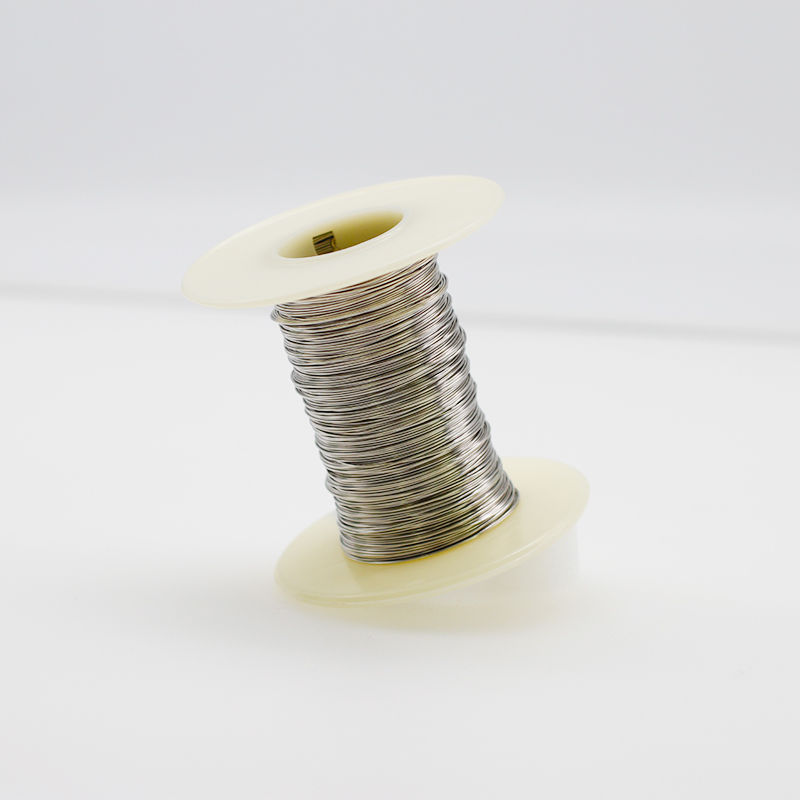
- High Corrosion Resistance: Nickel wire is highly resistant to oxidation and corrosion, especially in harsh environments, such as acidic or alkaline conditions.
- Excellent Electrical Conductivity: Offers stable and reliable electrical conductivity, making it ideal for electrical and electronic applications.
- Thermal Resistance: Can withstand high temperatures without degrading, making it suitable for heat-intensive processes.
- Ductility and Workability: Highly malleable and ductile, allowing it to be drawn into thin wires or shaped for specific applications.
- Magnetic Properties: Nickel exhibits ferromagnetic properties, enabling its use in magnetic and electronic components.
- High Melting Point: Nickel has a melting point of 1455°C, allowing it to maintain performance under extreme conditions.
-
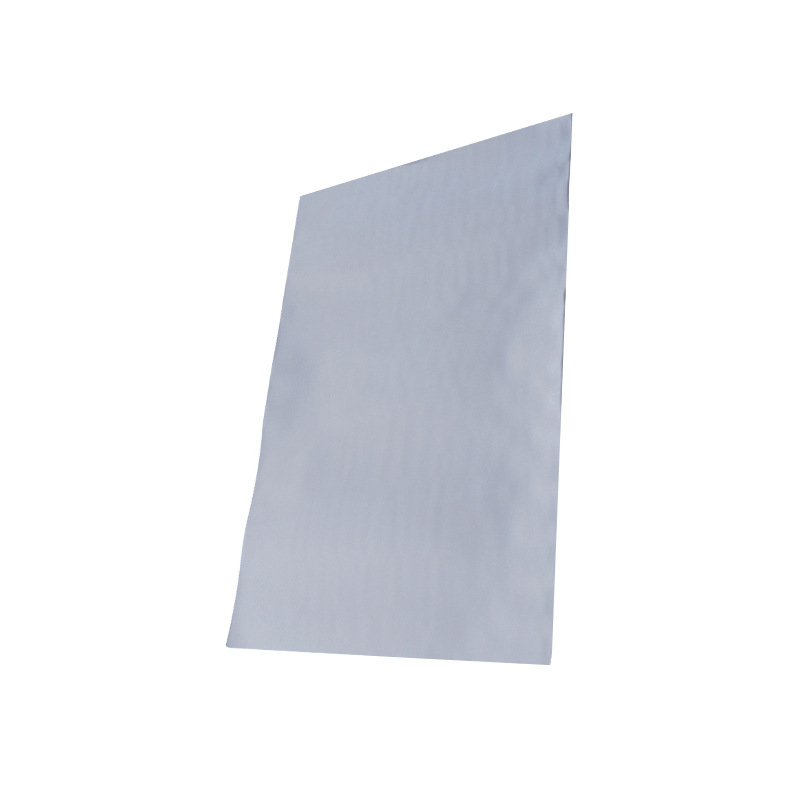
- High Density: Exceptional density provides effective radiation shielding.
- Malleability: Easily shaped and manipulated to fit intricate forms and surfaces.
- Corrosion Resistance: Naturally resistant to most environmental and chemical effects.
- Thermal and Acoustic Insulation: Excellent properties for heat and sound dampening.
- Durability: Withstands wear and tear in harsh environments.
- Impermeability: Blocks light, moisture, and gases, making it suitable for sensitive sealing applications.
-
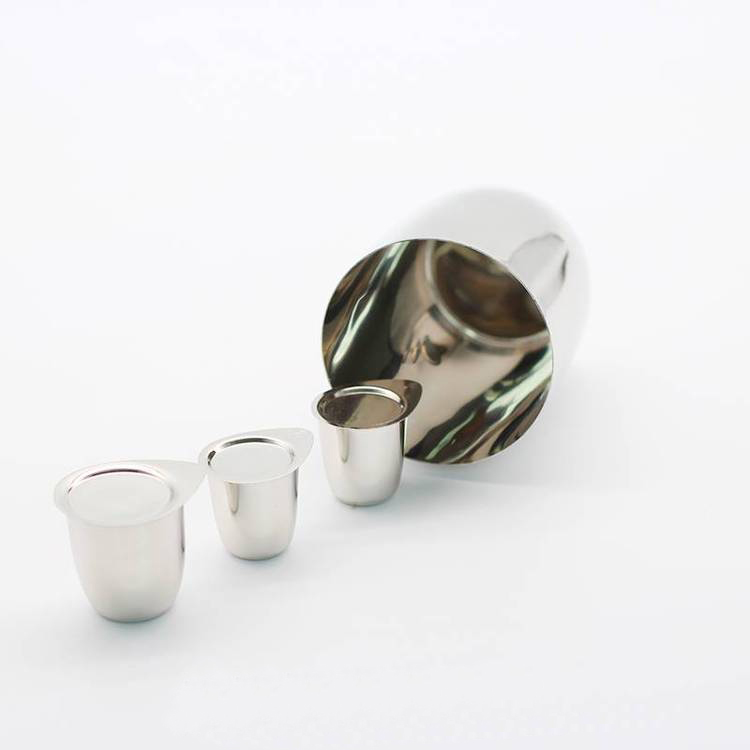
$1.00
- Material Purity: ①Made from high-purity platinum (typically ≥ 99.95%). ②Can be alloyed with rhodium or iridium for enhanced durability.
- Thermal Stability: ①Excellent performance under high temperatures, withstanding up to 1,700°C without deformation. ②High melting point of platinum (1,768°C) ensures reliable operation.
- Corrosion Resistance: Exceptional resistance to acids, alkalis, and other corrosive agents, including aqua regia and oxidizing environments.
- High Thermal Conductivity: Ensures uniform heat distribution for precise laboratory results.
- Mechanical Strength: Resists cracking and deformation under thermal and mechanical stress.
-
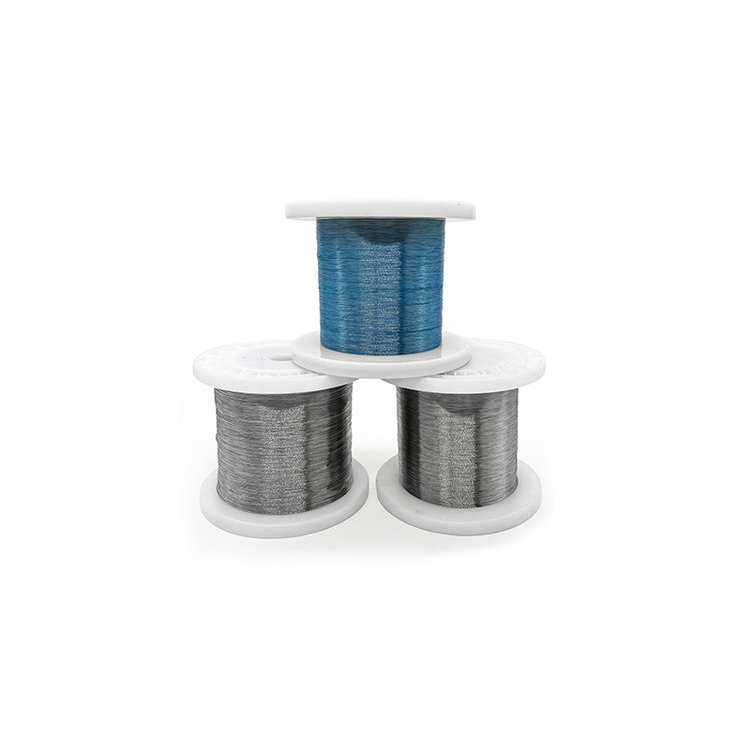
- High Melting Point: The platinum-iridium alloy has a high melting point (1,768°C for platinum and 1,410°C for iridium), making it suitable for use in high-temperature environments without degrading.
- Excellent Corrosion and Oxidation Resistance: Platinum-iridium wires exhibit remarkable resistance to oxidation, corrosion, and chemical degradation. They maintain their integrity in harsh environments, including exposure to acids, high-temperature oxidation, and aggressive chemicals.
- Superior Electrical Conductivity: Platinum-Iridium wires provide excellent electrical conductivity while maintaining stability under high temperatures. This makes them ideal for high-precision electrical applications, such as thermocouples and resistors.
- Thermal Stability: With low thermal expansion and high thermal stability, platinum-iridium wires perform well across a broad temperature range, making them ideal for high-temperature applications like sensors and thermocouples.
- Mechanical Strength: The combination of platinum and iridium provides high mechanical strength and hardness, enabling platinum-iridium wires to withstand heavy-duty use without bending or breaking easily.
- Non-Toxic and Biocompatible: Platinum-iridium alloys are biocompatible and non-toxic, making them suitable for medical devices and applications where material safety is crucial.
- Durability and Longevity: Due to their outstanding resistance to corrosion and wear, platinum-iridium wires can last significantly longer than many other metals, reducing maintenance costs and increasing reliability in critical applications.
-
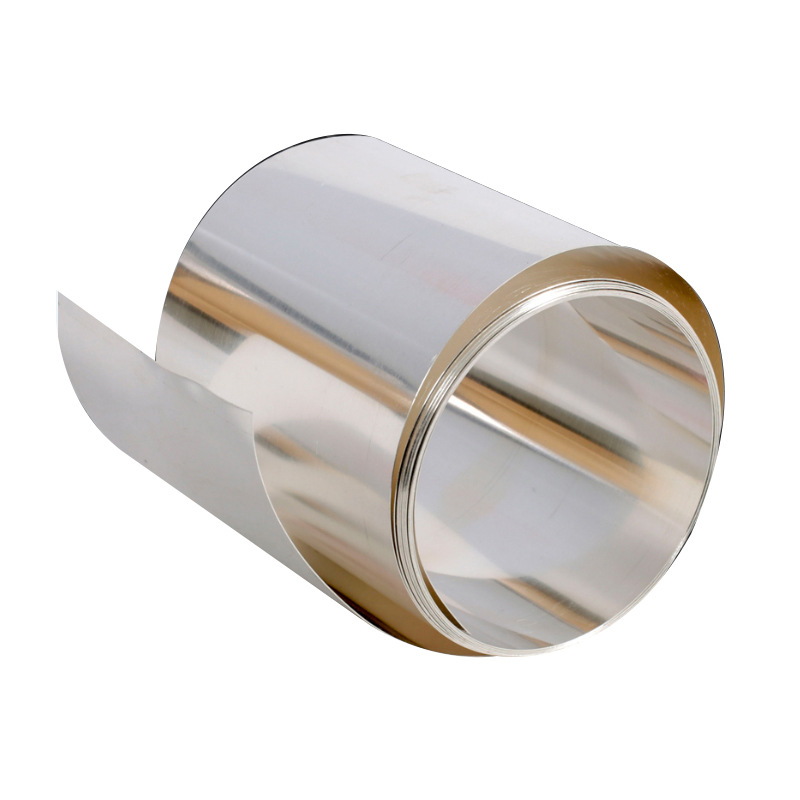
- High Melting Point: Rhenium has an extremely high melting point of 3180°C, making it ideal for use in environments with intense heat.
- Excellent Corrosion and Oxidation Resistance: Rhenium foil shows outstanding resistance to oxidation and corrosion, even at high temperatures.
- High Density and Strength: Known for its superior density and strength, rhenium foil maintains structural integrity under heavy loads and extreme temperatures.
- Thermal and Electrical Conductivity: Rhenium exhibits excellent thermal and electrical conductivity, making it suitable for high-performance applications in electronics.
- Malleability and Ductility: Despite its strength, rhenium foil can be easily processed, providing flexibility in various manufacturing processes.
-
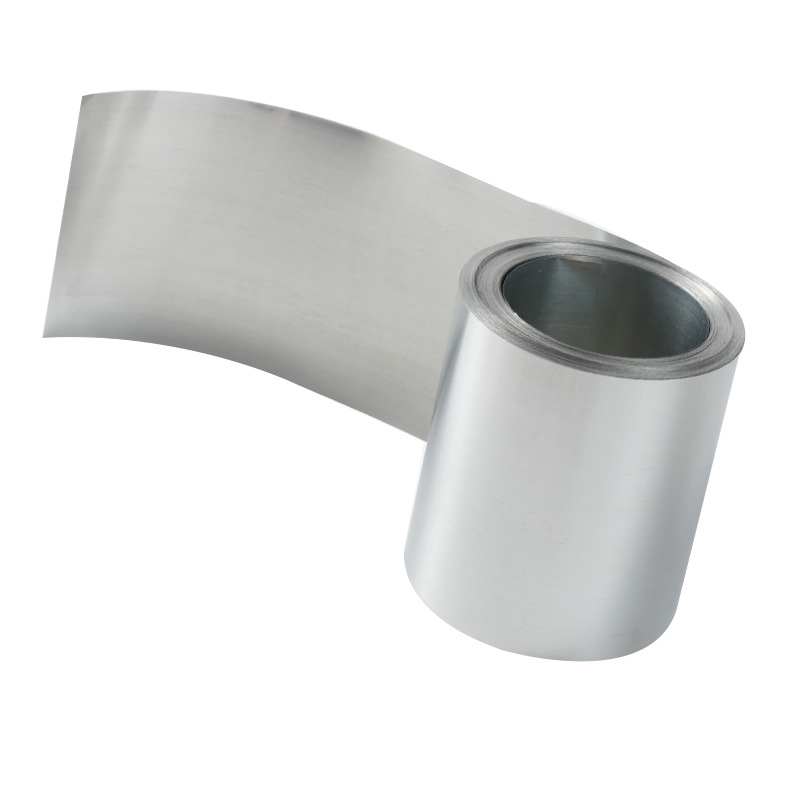
- High Strength-to-Weight Ratio: Scandium foil offers excellent mechanical strength relative to its weight, making it a lightweight yet durable material ideal for aerospace and military applications.
- High Melting Point: Scandium has a high melting point of 1,540°C (2,804°F), providing exceptional performance in high-temperature environments.
- Corrosion Resistance: Scandium foil exhibits remarkable resistance to corrosion, especially in acidic and saline environments, making it suitable for challenging environmental conditions.
- Thermal Stability: The material maintains its mechanical properties even at elevated temperatures, ensuring long-term reliability in high-heat applications.
- Non-toxic and Biocompatible: Scandium foil is non-toxic, making it safe for medical and other applications where human exposure may occur. Its biocompatibility is also an asset for certain implantable medical devices.
- Electrical Conductivity: Although not as conductive as copper, scandium foil still offers good electrical conductivity, making it suitable for various electronic applications.
- Lightweight: Scandium is a relatively light metal, which helps reduce the weight of components and systems, particularly in aerospace and defense applications.
-
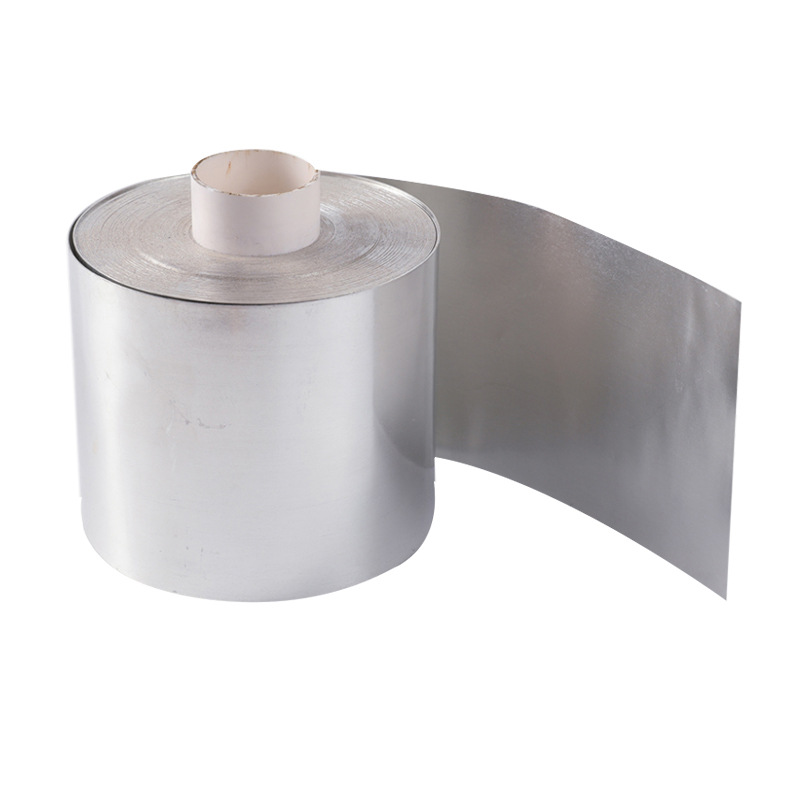
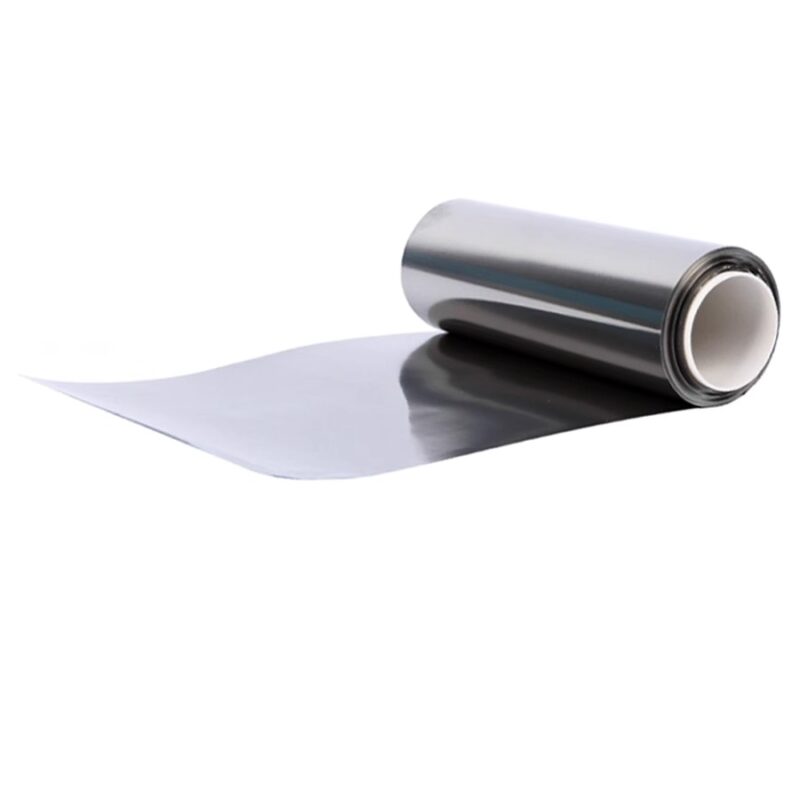
- Lightweight and Malleable: Tin foil is extremely lightweight and can be easily bent, folded, and shaped into various forms without losing its integrity.
- Corrosion Resistance: Tin is naturally resistant to corrosion, which makes it ideal for applications where exposure to moisture and air is a concern.
- Excellent Conductivity: Tin foil exhibits good electrical conductivity, which is useful in a variety of electronic applications.
- Durability and Flexibility: Tin foil combines durability with flexibility, offering both strength and ease of handling in manufacturing processes.
-
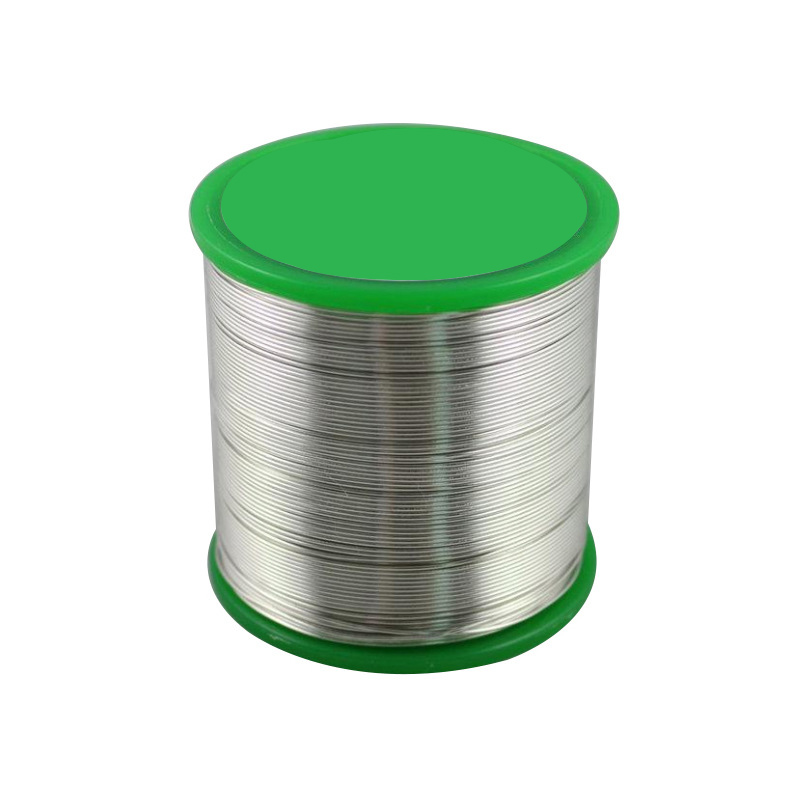
- Low Melting Point: Tin wire has a relatively low melting point (232°C), making it ideal for soldering applications where a soft, low-temperature process is required.
- Excellent Solderability: Due to its low melting point and excellent flow characteristics, tin wire is widely used in electronic soldering, creating strong, reliable joints.
- Corrosion Resistance: Tin wire is highly resistant to corrosion and oxidation, especially in humid or saline environments, ensuring longevity and performance.
- Non-toxic: Unlike lead-based solders, tin wire is non-toxic, making it an environmentally friendly and safe alternative for various applications, especially in food and medical devices.
- Malleability and Ductility: Tin wire is relatively soft and ductile, which allows it to be easily shaped and manipulated without cracking or breaking.
- Conductivity: While not as conductive as copper or silver, tin still offers sufficient electrical conductivity for most standard applications.
- Customizability: Tin wire can be customized in different diameters, grades of purity, and surface finishes to suit specific requirements.
-
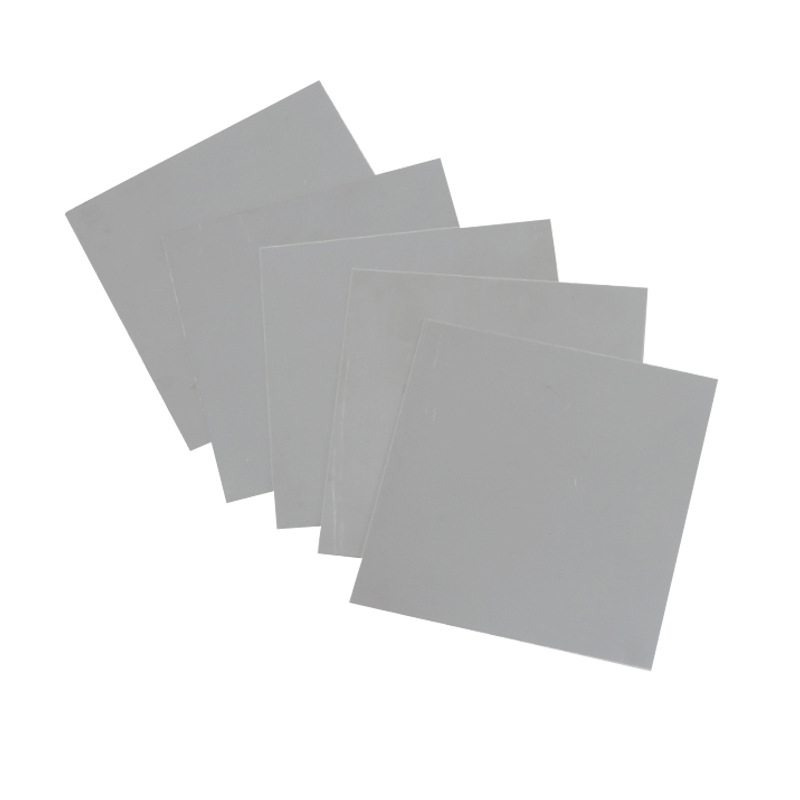
- Exceptional Corrosion Resistance: Tantalum is highly resistant to chemical attack, particularly in acidic environments, making it ideal for use in corrosive conditions.
- High Melting Point: With a melting point of 3017°C, tantalum foil can withstand extreme temperatures without losing structural integrity.
- Good Conductivity: Tantalum exhibits excellent electrical and thermal conductivity, making it suitable for high-performance electronics and heat dissipation.
- Biocompatibility: Tantalum is non-toxic and biocompatible, allowing its use in medical implants and devices.
- Ductility and Malleability: Tantalum foil is highly ductile and can be easily formed into intricate shapes without cracking, even at room temperature.
- High Purity: Our tantalum foils are available in ultra-high purity grades to meet stringent industrial and scientific requirements.













